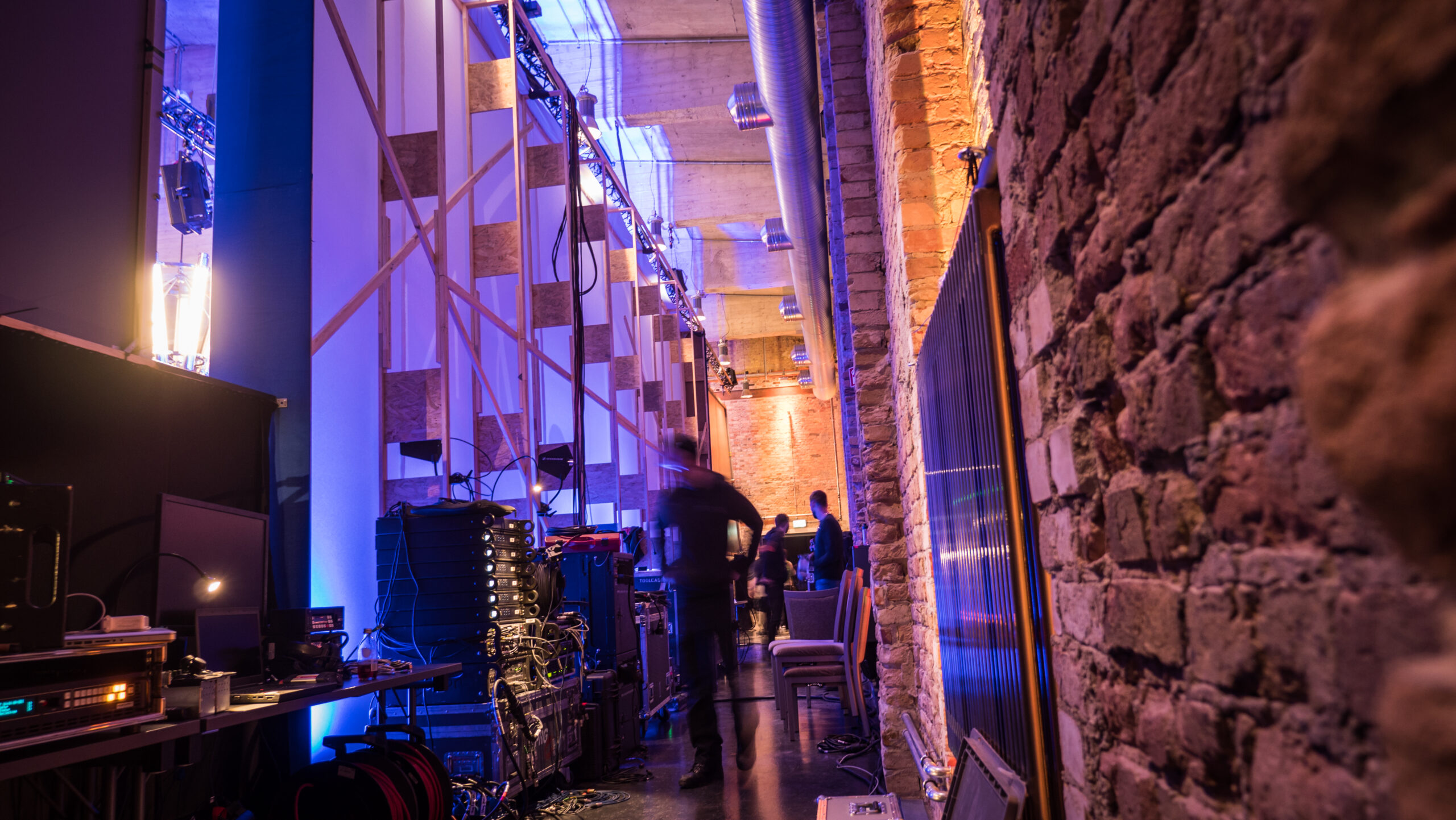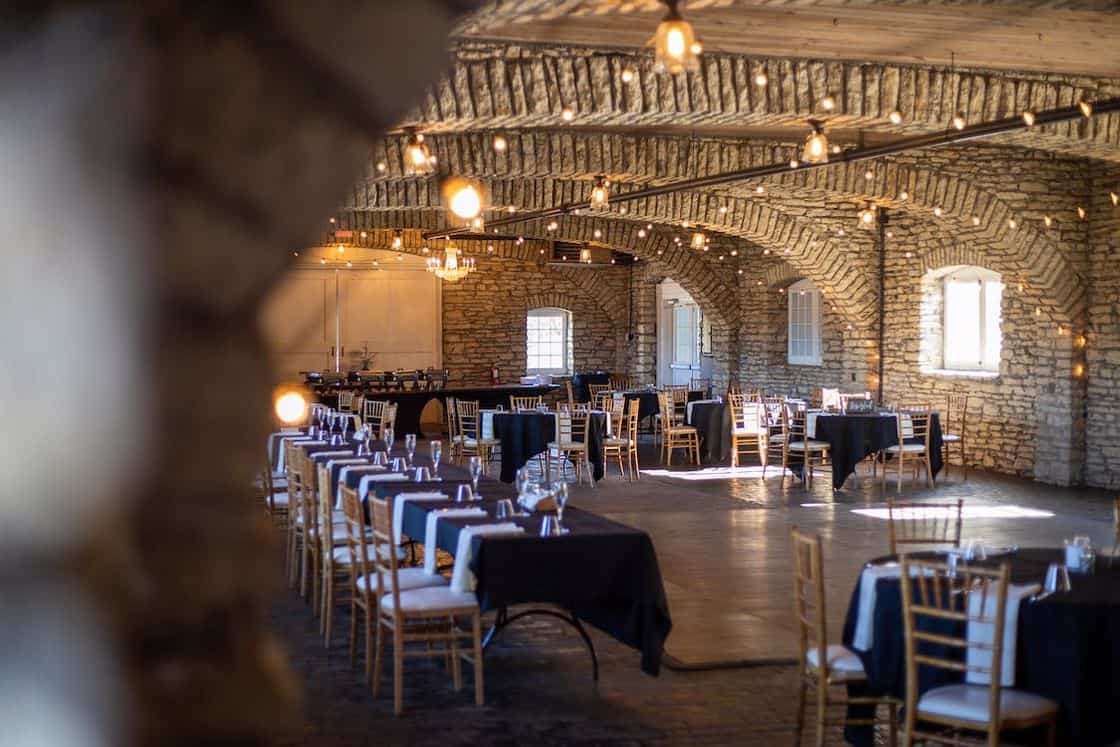Understanding Event Production: Why It Is Crucial for Successful Celebrations
Event production plays a vital function in forming effective gatherings. It involves mindful planning, control, and implementation to ensure every information lines up with the event's vision. This process not just improves participant experiences however also promotes meaningful links among individuals. Recognizing the ins and outs of event production can significantly affect the overall outcome. What are the crucial elements that add to a successful event, and exactly how can they be properly handled?
The Role of Event Production in Developing Memorable Experiences
Lots of factors add to the success of an event, event production plays a crucial duty in crafting memorable experiences. This diverse procedure encompasses different aspects, including preparation, logistics, and execution. Effective event production guarantees that every information straightens with the total vision, producing a smooth circulation that astounds guests. By working with timelines, managing resources, and looking after technological aspects, event manufacturers develop a foundation for impactful experiences.Moreover, they curate environments that reverberate with the target market, boosting interaction and psychological connection. From selecting suitable places to integrating innovative modern technology, the options made during production greatly affect how attendees perceive and bear in mind the event. By prioritizing quality and focus to information, event production transforms normal gatherings into phenomenal minutes, leaving enduring perceptions. Inevitably, the proficient orchestration of these components defines the significance of an event, showcasing the relevance of specialist event production in attaining remarkable end results.
Key Components of Effective Event Production
Effective event production hinges on numerous crucial parts that assure success. Planning and sychronisation establish a strong structure, while technological configuration demands address logistical needs. In addition, carrying out target market involvement approaches boosts the general experience, making the event remarkable.
Planning and Sychronisation
Preparation and coordination act as the foundation of effective event production, guaranteeing that every information straightens effortlessly to create a memorable experience. Effective planning entails establishing a clear vision and goals, while control entails the careful company of logistics, timetables, and sources. A distinct timeline is necessary, assisting all stakeholders with important milestones and jobs. Communication plays a critical duty, promoting cooperation among team participants, suppliers, and location staff. Routine conferences and updates aid to attend to challenges quickly, ensuring that everybody stays straightened with the event objectives. Ultimately, a structured approach to preparation and coordination not just improves performance but also significantly adds to the general success and satisfaction of the event for guests and coordinators alike.
Technical Configuration Needs
An effective event depends heavily on its technical configuration needs, which incorporate necessary components such as audio-visual devices, illumination, hosting, and connection. Audio-visual devices includes microphones, speakers, and projectors, ensuring that discussions and performances are delivered plainly. Appropriate lighting improves the setting and highlights vital locations, while staging gives the needed system for speakers and performers. Connection, consisting of Wi-Fi and electric gain access to, is important for smooth communication and technology assimilation. Each component has to be carefully prepared and executed, tailored to the event's specific requirements. Inadequate technological setups can bring about interruptions, adversely impacting the general experience for participants, underscoring the importance of complete preparation and attention to information in event production.
Target Market Involvement Techniques

The Importance of Preparation and Sychronisation
Preparation and coordination are vital to the success of any kind of event production. Reliable timeline management, resource appropriation methods, and group interaction dynamics play essential roles in ensuring that all elements collaborated flawlessly. Without a structured strategy to these aspects, events take the chance of encountering delays, spending plan overruns, and miscommunication among staff member.
Effective Timeline Monitoring


While successful event production often pivots on creative thinking and execution, effective timeline monitoring stays an important element that can not be forgotten. A well-structured timeline functions as the foundation of any type of event, ensuring that each phase is implemented in a prompt manner. It permits the coordination of different tasks, from place arrangement to visitor arrivals, while avoiding prospective traffic jams. By clearly describing due dates and responsibilities, event coordinators can keep focus and adjust to unanticipated challenges. In addition, a thoroughly crafted timeline fosters interaction amongst staff member, promoting responsibility and collaboration. Eventually, effective timeline management not just boosts operational performance but additionally adds considerably to the overall success and smooth execution of the event, leaving guests with a remarkable see here now experience.
Resource Appropriation Methods
Efficient resource allotment techniques are vital for the effective execution of any type of event. Proper planning enables event organizers to determine and distribute resources, such as finances, workers, and materials, in a fashion that makes the most of effectiveness. By examining the details needs of each facet of the event, coordinators can focus on jobs and allot resources accordingly. Coordination amongst various divisions makes sure that all components, from satisfying audiovisual demands, are properly sustained. This tactical approach not just minimizes waste however likewise boosts the total experience for attendees. In addition, expecting possible obstacles and having contingency strategies in area permits smoother operations. Ultimately, efficient resource allowance contributes significantly to achieving event purposes and guaranteeing a remarkable celebration.
Group Communication Dynamics
How can seamless interaction amongst staff member change the event production procedure? Efficient communication is vital for coordinating tasks, sharing updates, and dealing with difficulties in real-time. When employee engage in open discussion, they can rapidly determine potential issues and establish options collaboratively, lessening hold-ups and misconceptions. This vibrant fosters a cohesive environment where everybody understands their duties and duties, causing an extra integrated effort. Furthermore, normal check-ins and comments loops improve accountability and warranty positioning with the event's purposes. By prioritizing interaction approaches, groups can streamline process, boost morale, and ultimately boost the total top quality of the event. Successful gatherings rest on the capability to interact successfully, making it an essential part of event production.
Enhancing Participant Interaction Via Imaginative Style
Imaginative style plays an essential duty in boosting attendee interaction at more information events, as it cultivates an immersive setting that mesmerizes participants' attention. By integrating ingenious visuals, interactive elements, and thematic decor, event planners can develop remarkable experiences that resonate with participants. Thoughtful format designs advertise motion and exploration, motivating guests to communicate with screens and each other.Incorporating technology, such as enhanced fact or live polling, further enriches the experience, permitting real-time feedback and interaction. Additionally, sensory components like illumination, noise, and aroma can stimulate feelings and develop an extra interesting atmosphere.The use storytelling via layout helps communicate the event's objective and message, making it more relatable for participants. Eventually, innovative style not just boosts involvement yet also grows connections among individuals, leaving a lasting perception that extends past the event itself. This critical approach to style is vital for effective celebrations.
Managing Logistics for a Smooth Implementation
While the enjoyment of an event can attract participants in, taking care of logistics is important to protect a smooth execution. This involves carefully coordinating different components, from location selection and format to event catering and transport. Efficient logistics administration ensures that all elements line up, permitting a smooth circulation from enrollment to the conclusion of the event.Additionally, a clear communication plan among all stakeholders is critical. This Get More Info includes staff, suppliers, and volunteers, that have to be informed of their duties and responsibilities. Preparing for prospective difficulties, such as devices failure or unanticipated weather condition conditions, can even more improve the event's success.Creating an in-depth timeline helps keep the team on the right track and enables prompt modifications. Inevitably, well-managed logistics not only facilitate a delightful experience for participants however additionally show the professionalism and trust and integrity of the coordinators, contributing to the total success of the gathering.

The Influence of Technology on Event Production
What role does technology play fit modern event production? Modern technology has come to be a cornerstone of efficient event production, enhancing both planning and execution processes. From advanced enrollment systems to interactive apps, innovation simplifies guest monitoring and enhances interaction. Virtual event systems permit organizers to reach wider target markets, damaging geographical obstacles and assisting in hybrid events that incorporate in-person and on-line experiences.Additionally, audiovisual modern technologies, such as high-definition displays and stereos, raise the quality of discussions and efficiencies, ensuring a remarkable experience for participants - event production charlotte. Social network assimilation allows real-time responses and interaction, cultivating community interaction in the past, during, and after the event. In addition, information analytics devices help coordinators in keeping an eye on participant behavior and preferences, enabling tailored experiences that reverberate with diverse audiences. Generally, the assimilation of technology in event production not just boosts operational performance yet additionally enhances guest experiences, inevitably adding to the success of the event
Evaluating Success: Gauging the Outcomes of Your Event
Success in event production depends upon reliable examination, which includes determining a selection of end results to evaluate the total influence of an occasion. To accomplish this, organizers can use both qualitative and measurable metrics. Quantitative actions may include presence figures, ticket sales, and income created, while qualitative analyses may entail guest contentment surveys and feedback forms.Additionally, analyzing social networks involvement and media coverage can supply understandings right into the event's reach and brand effect. Comparing these metrics versus predefined goals aids figure out if the objectives were met.Furthermore, post-event debriefs with the planning team can uncover lessons discovered and areas for improvement. By systematically examining these end results, event manufacturers can improve future celebrations, guaranteeing continual growth and success. Eventually, a complete evaluation not only highlights accomplishments yet additionally informs strategic choices for subsequent events, promoting a culture of quality in event production.
Often Asked Inquiries
What Credentials Should an Event Manufacturer Have?
Event producers should have solid organizational abilities, creative thinking, and effective communication abilities. A history in project administration, budgeting, and settlement is crucial. Appropriate qualifications and experience in diverse event kinds additionally improve their qualifications.
Just How Can I Minimize Event Production Costs Efficiently?
To effectively reduce event production costs, one can streamline supplier selection, bargain agreements, use in-house resources, prioritize essential components, apply innovation for effectiveness, and check out sponsorship chances to balance out expenditures without endangering quality.
What Are the Usual Difficulties in Event Production?
Usual challenges in event production consist of budget restraints, logistical control, supplier administration, time limitations, participant interaction, technological problems, and unforeseen conditions - event production charlotte. Each factor can significantly impact the overall success and smooth implementation of the event
Exactly how Do I Select the Right Place for My Event?
Choosing the best venue entails taking into consideration variables such as area, ability, facilities, and spending plan. In addition, assessing availability and setting assures the selected space lines up with the event's goals and boosts the total participant experience.
What Is the Normal Timeline for Planning an Event?
The regular timeline for planning an event varies, however generally consists of stages such as principle advancement, location selection, supplier control, promo, and final prep work, usually spanning numerous months to guarantee a successful execution.